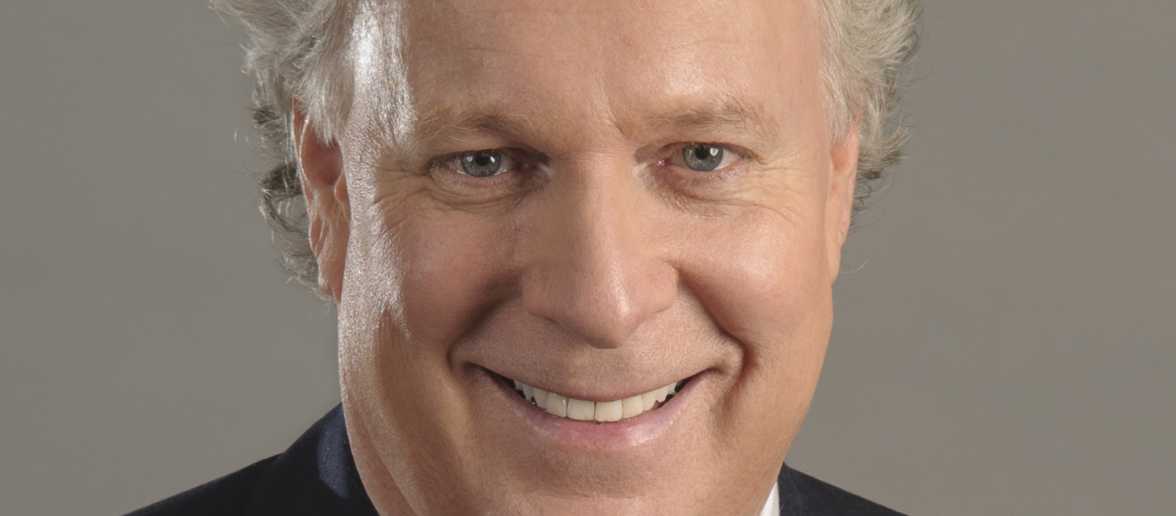
Opinion: Quebec’s carbon pricing system could be a model for other provinces

In poll after poll, Quebecers rate the highest in Canada in their understanding of climate change and their support for action to address it. We take pride in this, and are recognized for it in other parts of Canada. So why is one of Quebec’s greatest acts of climate leadership — our carbon-pricing system — such a well-kept secret both at home and across the country?
Globally and nationally, carbon pricing is increasingly seen as a central ingredient in any strategy to reduce greenhouse gas emissions. Major international institutions have recognized its importance as a policy tool. Most recently, Canada’s Ecofiscal Commission has argued that provincially led carbon pricing is a critical step toward effective pan-Canadian climate policy. The Commission’s newly released report, The Way Forward, provides compelling evidence that every province stands to benefit significantly from pricing carbon rather than using a regulatory approach to reduce GHG emissions.
British Columbia’s carbon pricing tax
The best-known Canadian example of carbon pricing is British Columbia’s carbon tax. Introduced in 2008, B.C.’s policy ramped up gradually over a five-year period, resulting today in a $30-per-tonne price on carbon emissions. And the policy certainly appears to be working. Per capita fuel use declined by 16 per cent in B.C. while it increased by 3 per cent in the rest of Canada; at the same time, B.C.’s overall economic performance closely tracked that in the rest of the country.
British Columbia isn’t the only great model for other Canadian provinces. There are other approaches to pricing carbon effectively, and Quebec’s cap-and-trade system is one of them.
What is the difference between a carbon tax and a cap-and-trade system? Simply put, a tax sets a price on all carbon emissions, while a cap-and-trade system sets a cap on the total permissible emissions and then allows emitters to trade permits among themselves. Each system has its merits, but the two approaches are actually more alike than different. Both put a price on carbon, both create market-based incentives for emissions reductions and innovation, and both can generate revenue to be recycled back into the economy. Most importantly, both are more cost-effective at reducing GHG emissions than inflexible regulations.
Two policy details are especially important for a good carbon policy: the stringency of the policy (the carbon price) and its coverage (the fraction of provincial emissions covered). A good policy has a high enough price to start driving emissions reductions, but it ensures that price increases steadily over time. That way households and companies can plan and adjust, driving further emissions reductions over the long term. A good policy also covers the broadest range of emissions practically possible — from the burning of fuel to industrial processes and from buildings to agricultural processes.
Quebec’s model — which launched in earnest this year — measures up quite well against these criteria, according to the Ecofiscal Commission. While our current carbon price (about $15 per tonne) is lower than B.C.’s, it is slated to get higher over time. And the coverage of our system, by design, is broader than B.C.’s, covering approximately 85 per cent of Quebec’s GHG emissions.
Different approaches to pricing carbon in Canada can work and are working now.
Next week, the country’s premiers will gather in Quebec City to focus on climate and energy policy and how provinces can move forward, individually and together. These leaders need to see progress toward reducing Canada’s GHG emissions as a shared responsibility. They each also need to find a way forward that works best for their provincial realities. Now, more than ever, options matter.
About the Authors
Jean Charest is a partner at McCarthy Tétrault and former premier of Quebec, as well as a member of the Advisory Board and Chris Ragan is an associate professor of economics at McGill University and Chair of Canada’s Ecofiscal Commission.




Comments are closed.